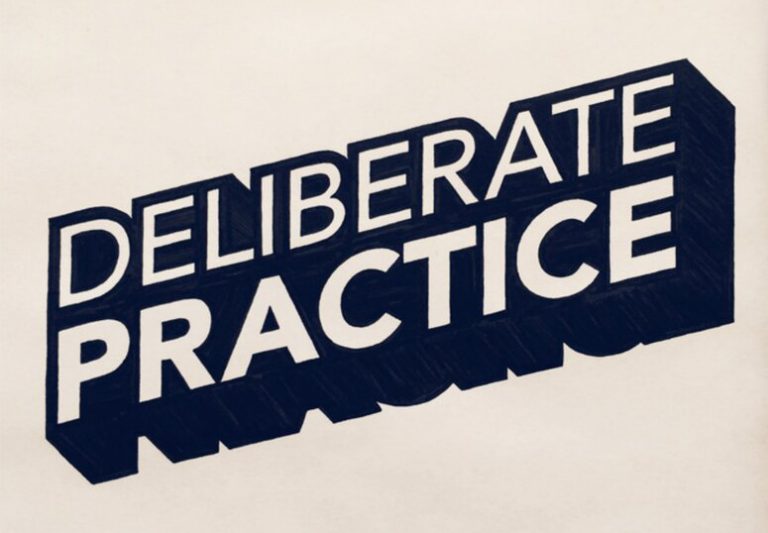Not all practice makes perfect. You need a particular kind of practice—deliberate practice—to develop expertise.
We get rewarded in public for what we repeatedly, practice and develop in private. The greats all have something in common: they sweat the small stuff, they are the first in the studio/gym and they are the last to leave, they are the hardest workers in the room and they can and will not be outworked. The ancient Greek poet Archilochus once quipped: “We don’t rise to the level of our expectations; we fall to the level of our training.” We become what we do and think about all day long, where attention goes, energy flows. Success is never an accident, it is the deliberate effort and practice put into the actualization of a worthwhile goal.
“We are what we repeatedly do. Excellence, then, is not an act, but a habit.” – Aristotle
